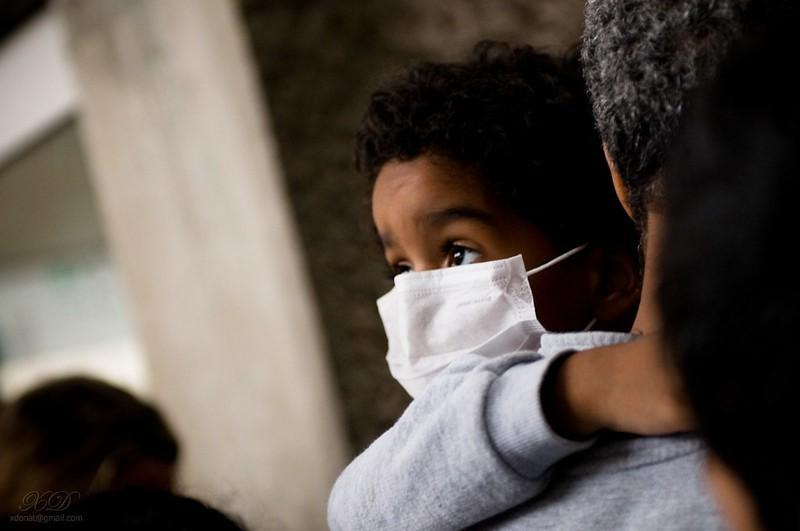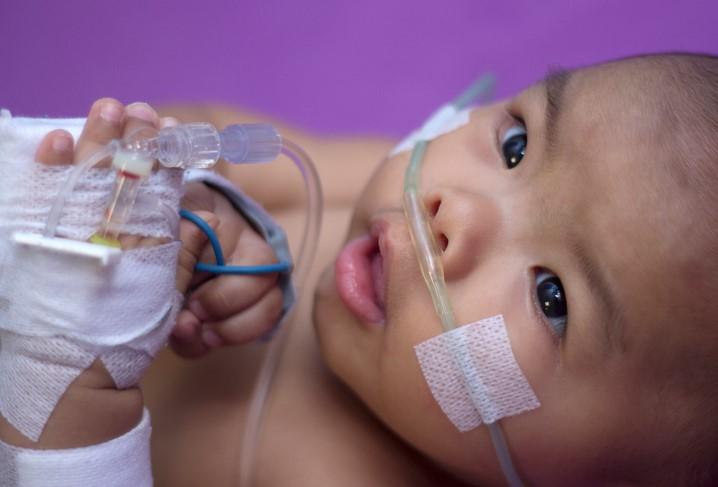
Less than 10% of US interventional COVID-19 trials in the first 3 years of the pandemic included children, and only 1.6% enrolled them exclusively, despite this age-group accounting for 18% of infections, Harvard and Boston Children's Hospital researchers report today in JAMA Health Forum.
The team identified all COVID-19 trials registered on ClinicalTrials.gov from January 2020 to December 2022. They noted that children have been underrepresented in clinical research owing to ethical, logistical, and financial reasons.
"The emergence of the COVID-19 pandemic triggered a rapid investment in research activities to identify prevention measures and develop therapeutic interventions," they wrote. "While children were eventually determined to have a milder disease course compared with adults, studying children was critical to elucidate transmission patterns and identify treatments for pediatric patients with severe disease, including multisystem inflammatory syndrome."
Fewer studies included the very young
Of 1,216 trials, 20 (1.6%) enrolled only children, while 120 (9.9%) included only children or both children and adults, and 1,096 (90.1%) enrolled only adults. The percentage of trials enrolling children rose from 45 (7.1%) in 2020 to 27 (15.7%) in 2022.
Relative to adult-only studies, those including children were less likely to focus on COVID-19 treatments (48.3% vs 69.8%) or on testing medications, biologics, or devices (48.3% vs 64.6%). Rather, they tended to focus on prevention (47.5% vs 23.0%), behavior (25.8% vs 16.8%), and vaccines (14.2% vs 5.8%).
Recent methodologic advancements in pediatric extrapolation, pharmacokinetic and pharmacodynamic modeling, and adaptive trial designs, can be applied to support earlier initiation.
Fewer drug studies enrolling children were phase 1 or 2 (42.0% vs 70.4%) or were randomized (69.2% vs 79.3%). Most studies including children (71 [59.2%]) focused on those older than 2 years, with only 49 (40.9%) open to younger kids.
The researchers said that low rates of inclusion of children probably reflect the tradition of delaying interventional trials in children until after adults have been studied.
But more attention is now being paid to the advantages of early pediatric trials. "Recent methodologic advancements in pediatric extrapolation, pharmacokinetic and pharmacodynamic modeling, and adaptive trial designs, can be applied to support earlier initiation," they wrote.











